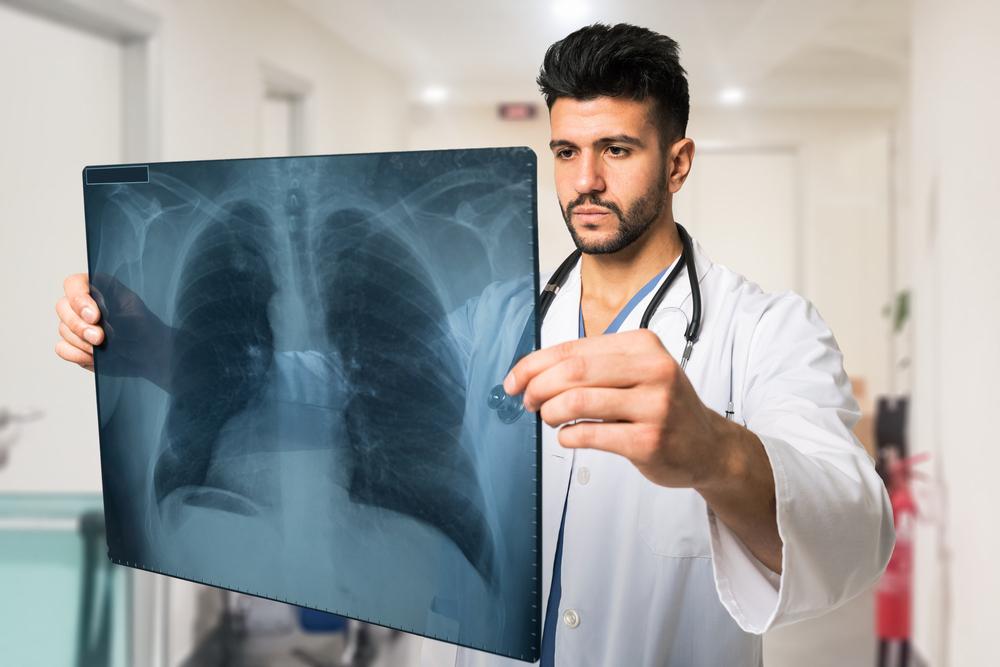
Non small cell lung cancer treatments
Lung cancer is the most lethal of the three most common cancers combined—colon cancer, pancreatic cancer, and breast cancer. More than 50% of americans diagnosed with lung cancer succumb to the disease within a year after diagnosis.
Lung cancer is classified as either small cell lung cancer (SCLC) or non-small cell lung cancer (NSCLC.) However, small cell lung cancer, or oat cell cancer, encompasses only 15% of lung cancer patients compared to 85% of non-small cell lung cancer patients.
The 3 main types of NSCLC are adenocarcinoma, squamous cell carcinoma, and large cell carcinoma of which these contributing factors play large roles in development:
- Smoking
- Genetic factors
- Chemical exposure
- Family history
These are the most common treatments for NSCLC:
1. Surgery
Surgery is considered the best lung cancer treatment if the cancer stage is I, II or IIIA. Patients are advised to go under the knife to remove the section of the lung containing the cancerous tumors. Biopsies are then performed to assure that the tumor is cancerous.
2. Adjuvant therapy
Patients diagnosed with non small cell lung cancer who have undergone surgeries to remove the cancerous tumors in the lungs may benefit from this adjuvant therapy to prevent cancer relapse. Lung cancers in stages IIA, IIB and IIIA are generally given adjuvant therapy to kill the remaining cancerous cells after surgery.
3. Radiofrequency ablation
Patients suffering from non small cell lung cancer may undergo radiofrequency ablation (RFA) to kill the cancerous cells if they can’t tolerate the after-effects of surgery. This procedure involves heating the tumor using electrical impulses via a thin needle that is inserted into the tumor and then heated to kill the cancerous cells. This is an outpatient procedure done using a local anesthesia.
4. Targeted therapy
Non small cell lung cancer cells change abruptly, which is why certain therapy drugs have been invented to specifically target these changes and stop cancer growth. Targeted therapy often works in instances where the chemo drugs fail to work and thus these drugs have different side effects altogether. Patients with advanced stage cancer are often recommended targeted therapy drugs alone, or in combination with chemo drugs.
5. Immunotherapy
Some forms of NSCLC can be treated effectively with immunotherapy, which is a process of using medications to boost the immune system ability to recognize and destroy cancer cells.
6. Chemotherapy
Chemo involves injecting drugs into the veins that enter the bloodstream to destroy the cancerous cells all over the body. It is, however, a very painful procedure that has severe negative side effects. Chemo can be used before or after surgery, along with radiation or as the main treatment in the case of advanced stage cancers.


